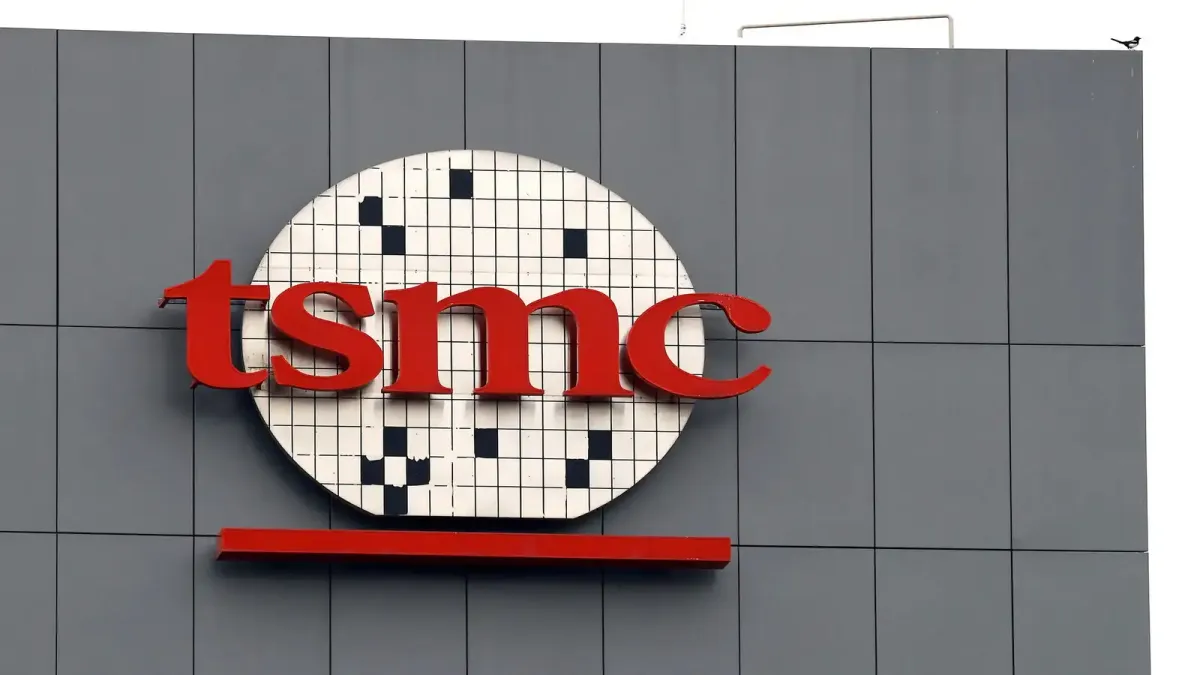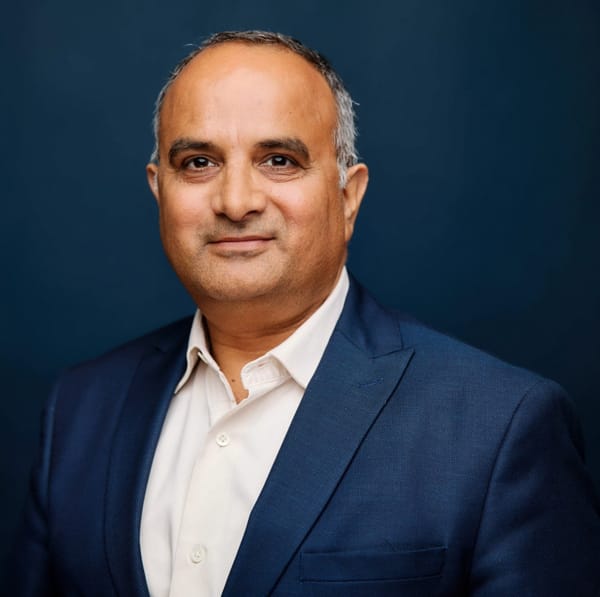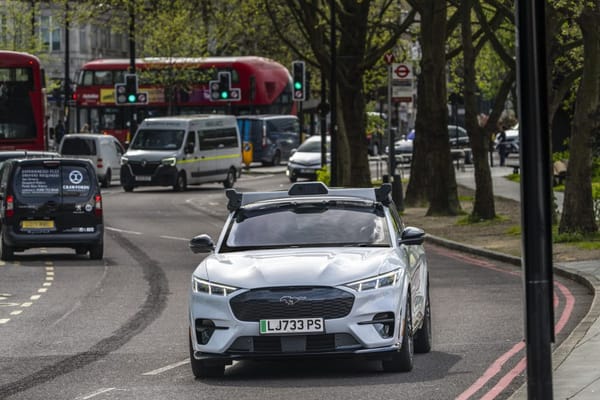TSMC Rejects Proposal to Build Fab in India
TSMC is focusing its overseas expansion on the United States, Japan, and Germany

Taiwanese semiconductor giant Taiwan Semiconductor Manufacturing Company (TSMC) has reportedly declined proposals from three countries—including India—to establish chip fabrication units within their borders. The other two countries are said to be Qatar and Singapore.
Instead, TSMC is focusing its overseas expansion on the United States, Japan, and Germany, where it has either already set up or is in the process of setting up manufacturing facilities.
Under Prime Minister Narendra Modi’s leadership, India has been actively working to strengthen its domestic semiconductor capabilities and has made some notable progress in this direction.
Tata Electronics, along with Powerchip Semiconductor Manufacturing Company (PSMC) is developing the country's first fabrication unit in India.
Additionally, several assembly and packaging units have emerged across various parts of the country. However, these facilities will primarily expected to package and assemble chips designed and manufactured elsewhere, which means they do not represent complete domestic semiconductor production.
Recently, Indian IT Minister Ashwini Vaishnaw took to social media to reveal that a 3 mn chip will be 'designed in India.'
Japanese semiconductor manufacturer Renesas Electronics is setting up dedicated chip design centres for developing advanced 3-nanometer semiconductors in Noida and Bengaluru.
According to semiconductor expert Arun Mamphazy, it is not a very big deal. Besides creating a few more jobs (which is a good thing), it does not contribute in anyway to India's semiconductor ambitions.
In fact, India has been a design hub for many large semiconductor players such as Texas Instruments, NXP Semiconductor, AMD and NVIDIA, for decades.
TSMC is the world’s leading semiconductor foundry, responsible for manufacturing the most advanced chips, including NVIDIA GPUs, Apple’s M-series processors, and Qualcomm’s Snapdragon chips that power the majority of Android devices.
India’s inability to attract TSMC to set up operations is a significant setback for the country’s Semiconductor Mission and its broader ambitions in chip manufacturing.




